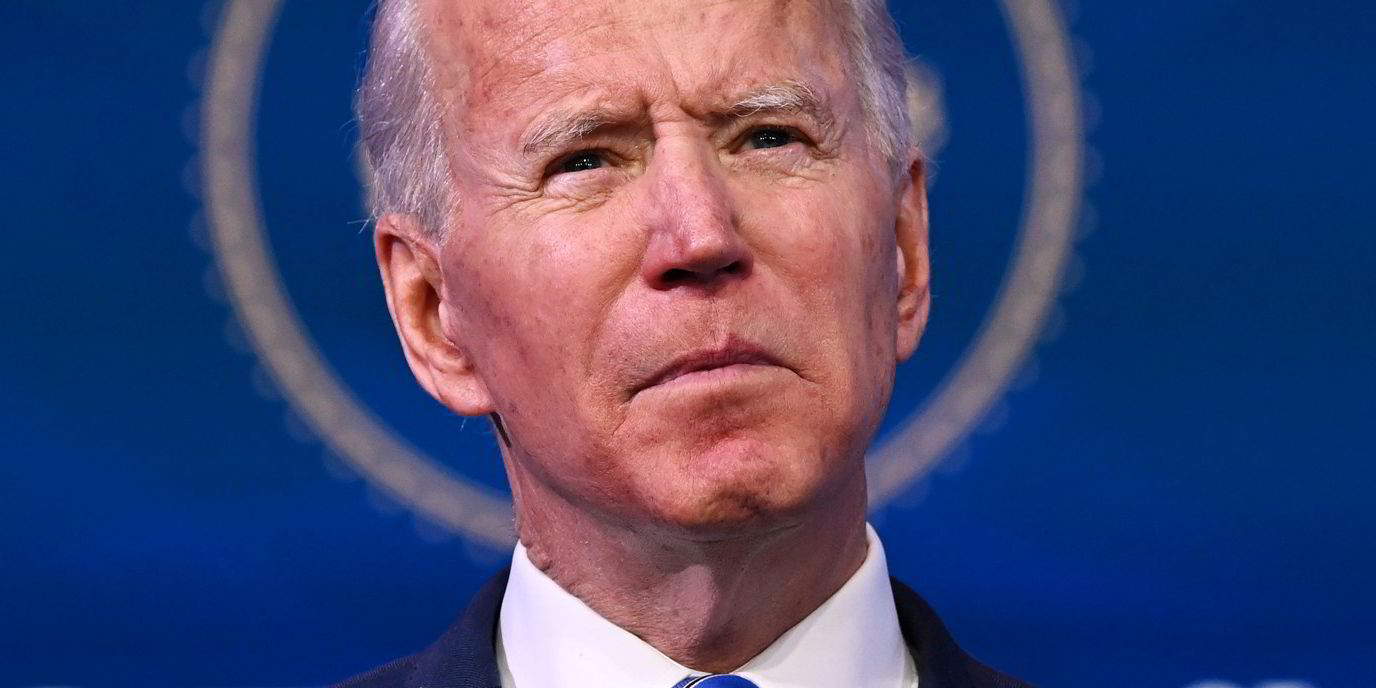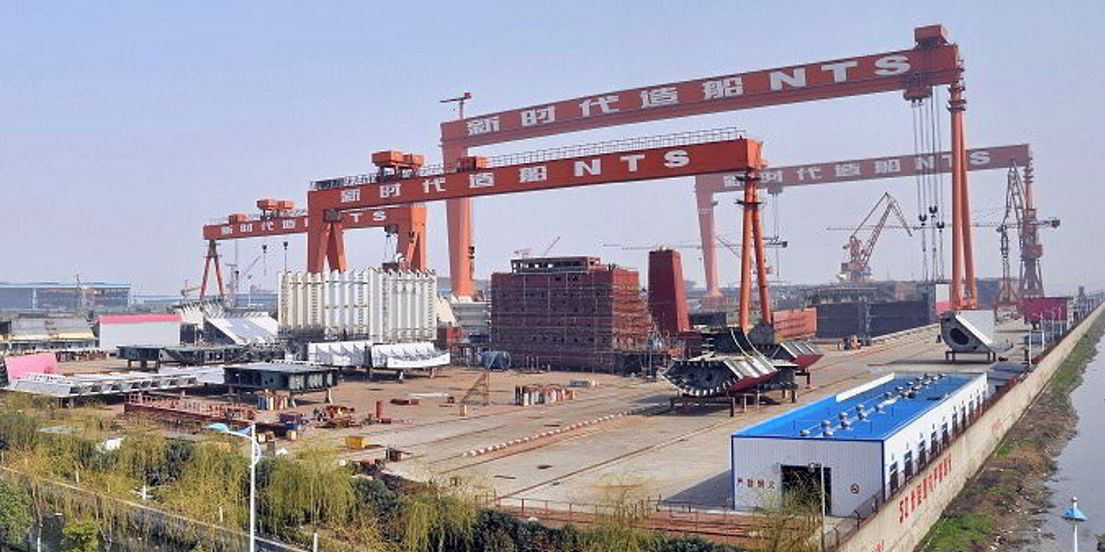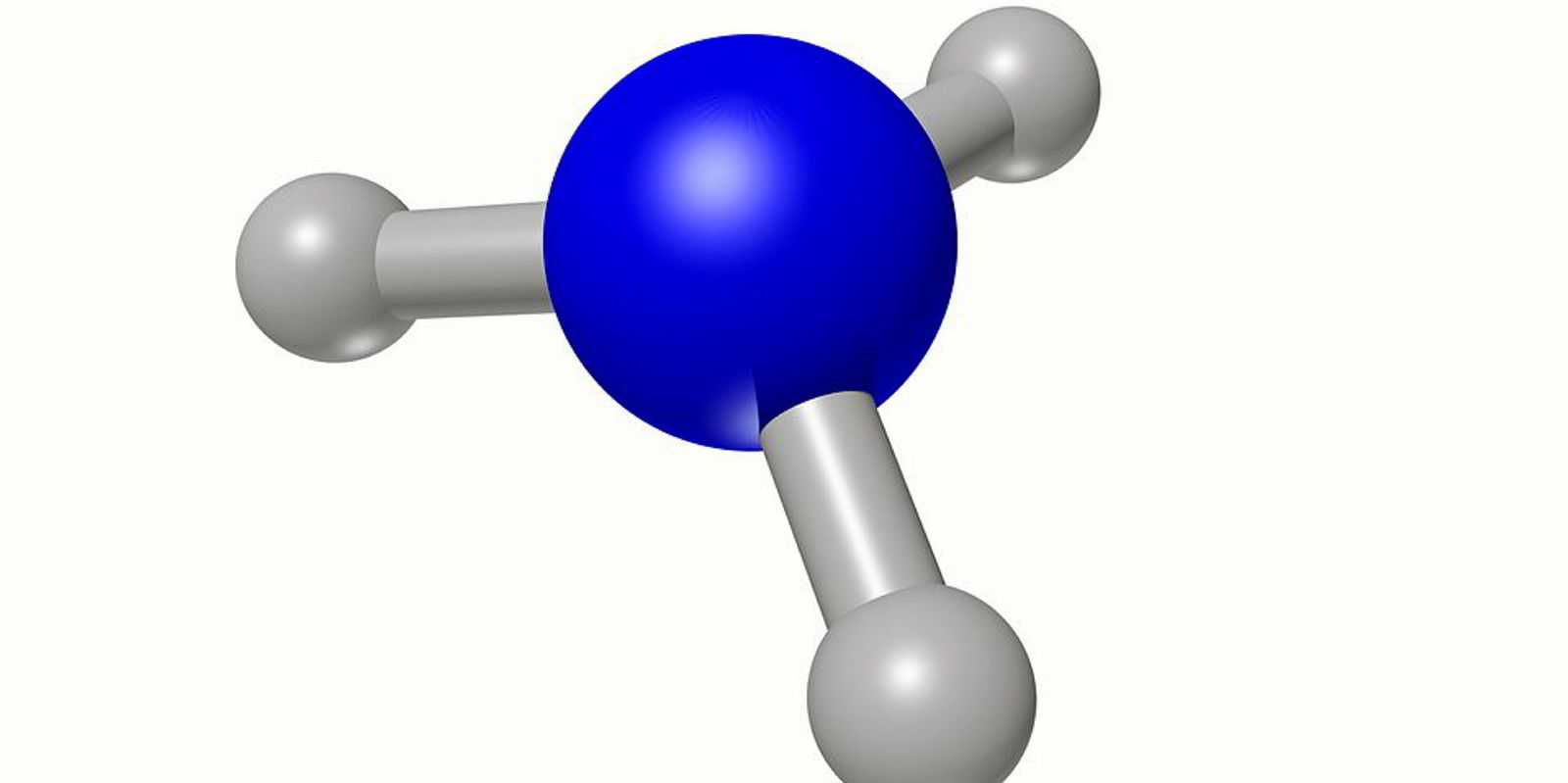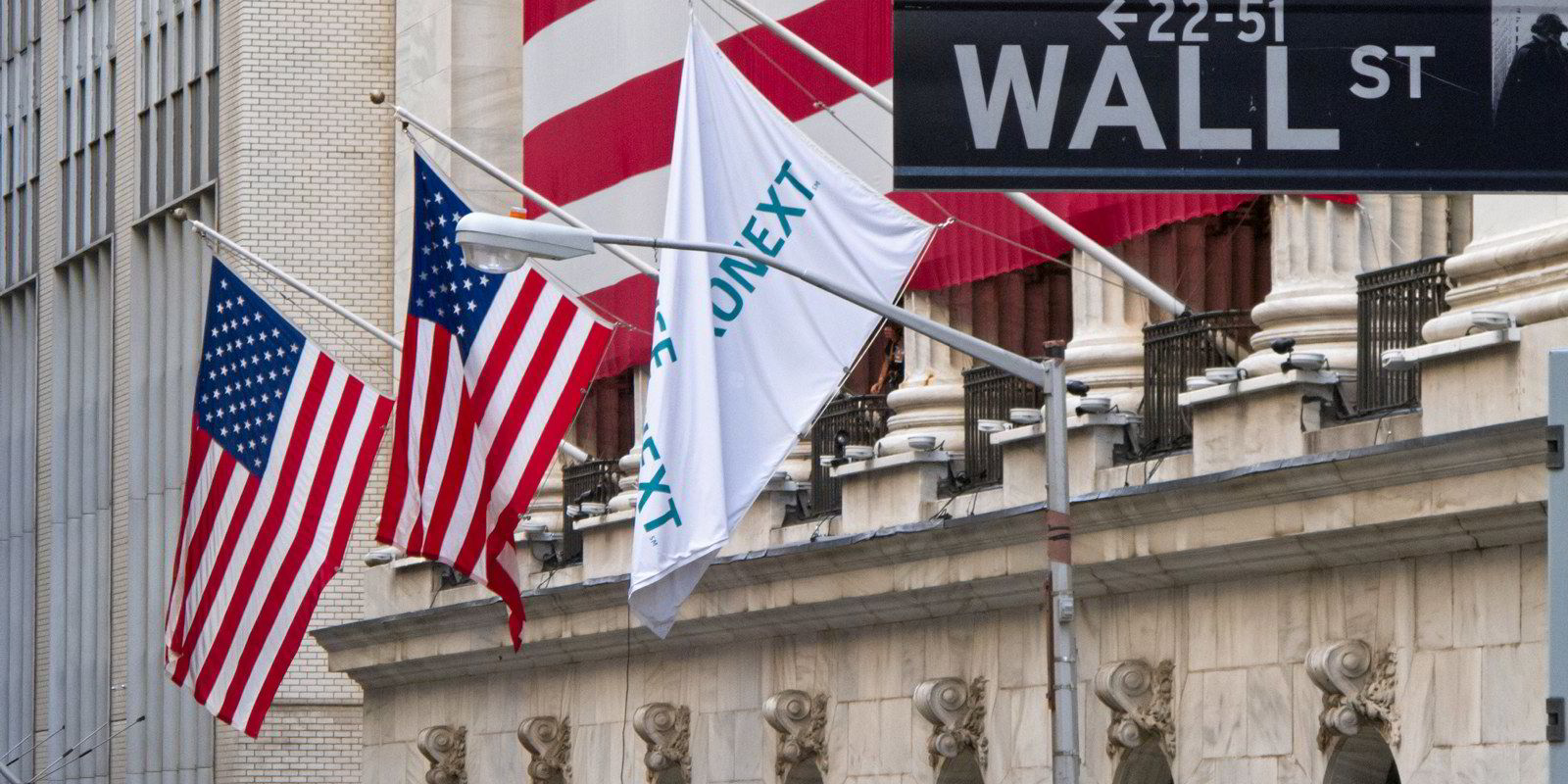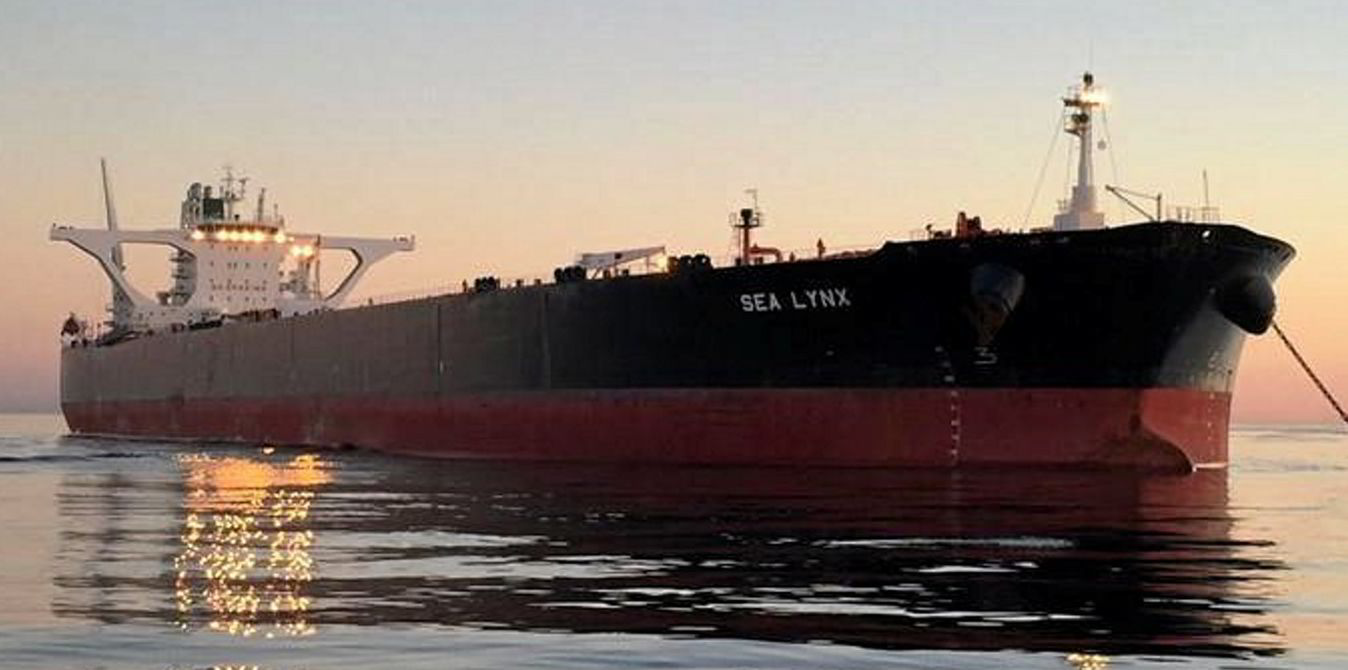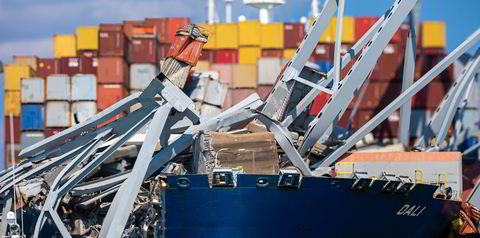The inauguration of Joe Biden as US president will be a significant landmark in the historic shift to “green” shipping, I believe. The change from having a climate denier to a climate realist in the White House switches the global mood music around decarbonisation.
The new president’s men have already briefed journalists that Biden will use an executive order to rejoin the Paris Agreement on climate change.
That will be done almost immediately and will put the US back at the centre of multinational decision-making on mankind’s biggest threat.
To have China, the European Union and now the US on the same side will have a significant impact to the geopolitics of climate.
Was it linked with the coming green revolution that French oil and gas giant Total this week exited the American Petroleum Institute, saying the organisation was not aligned with its own energy transition plans?
$2trn revolution
Biden has also pledged to spend $2trn on a green revolution, with public money pouring into electric vehicles, rail infrastructure and battery technology.
His plans for the decarbonisation of shipping itself are unclear but his Democrat Party has been drawing up a carbon emissions trading scheme that would involve ocean transport.
And certainly the US should be much more proactive on green issues at the International Maritime Organization.
Some of Biden’s hopes will be dashed. His Democrats still have only a wafer-thin majority in the Senate — Congress' upper house.
This will make it tough to push through some spending plans while the US public sentiment itself remains febrile after Donald Trump.
The country has been shaken by the Capitol being stormed and the Biden inauguration forced to be militarised amid fear of gun attacks.
Rebuilding trust
A public survey out this week in Europe reported 60% of respondents thought the US was “broken” while more than half of Germans felt it could no longer be trusted.
A majority who responded to the survey by the European Council on Foreign Relations think tank believed the US would be overtaken by China as the world’s leading superpower within 10 years.
Still, Biden has a chance to rebuild trust abroad and will hope to do so partly by working with other countries on climate issues.
There are already signs that shipowners are taking action on clean tech themselves, without waiting for policymakers.
The long-term future of traditional diesel is bad, something that will come as no balm to those struggling with the current tanker market
An example was the Vardinoyannis-owned Greek tanker operator Avin International ordering an “ammonia-ready” suezmax vessel from China.
Avin’s Michael Androulakakis told my colleague Max Tingyao Lin that ammonia was one of the “most promising carbon-neutral fuels of the future” and he did not think LNG fuel operations in a ship were “enough”.
The new ship is being built with MAN ME-type engines to operate with both ammonia and LNG by New Times Shipbuilding, which is pushing the ammonia-ready concept to owners.
A range of ammonia pilot projects using public money, such as the EU’s ShipFC and Norway’s Pilot-E, are also underway.
Class society ABS believes ammonia will overcome some current technical obstacles to play an important role in meeting the IMO goal of halving shipping’s greenhouse gas emissions by 2050. A report out last autumn predicted ammonia and hydrogen together would account for 35% of the bunker market by 2050.
Tanker woes
The long-term future of traditional diesel is bad, something that will come as no balm to those struggling with the current tanker market. While large LNG vessels enjoy record charter rates and container ships hit record freight rates, the VLCC market is in the doldrums.
Poten & Partners had predicted that the slump could last for the first half of this year, with oil demand down due to Covid-19 and plenty of new capacity scheduled to increase tonnage supply.
The near-term future of the big tanker market now depends largely on the level of scrapping. Demolition sales evaporated almost completely during the tanker boom in the first half of 2020 as the oil price collapsed.
Scrapping has picked up in the first two weeks of 2021 amid an ageing VLCC fleet earning very little.
A lot of the gas carrier activity is based around a mixture of booming US LNG exports, transport logjams and cold weather in Asia.
This boom will slow but the wider switch away from oil in the US is just beginning. Biden’s inauguration is an important moment.
